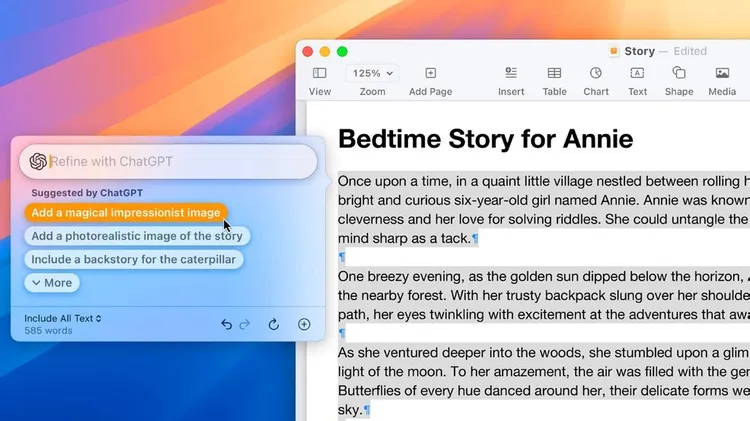ChatGPT and AI have created worrying issues for writers throughout 2023. Gary
Robots write on
10 min read
This article is from...
Read this article and 8000+ more magazines and newspapers on Readly






